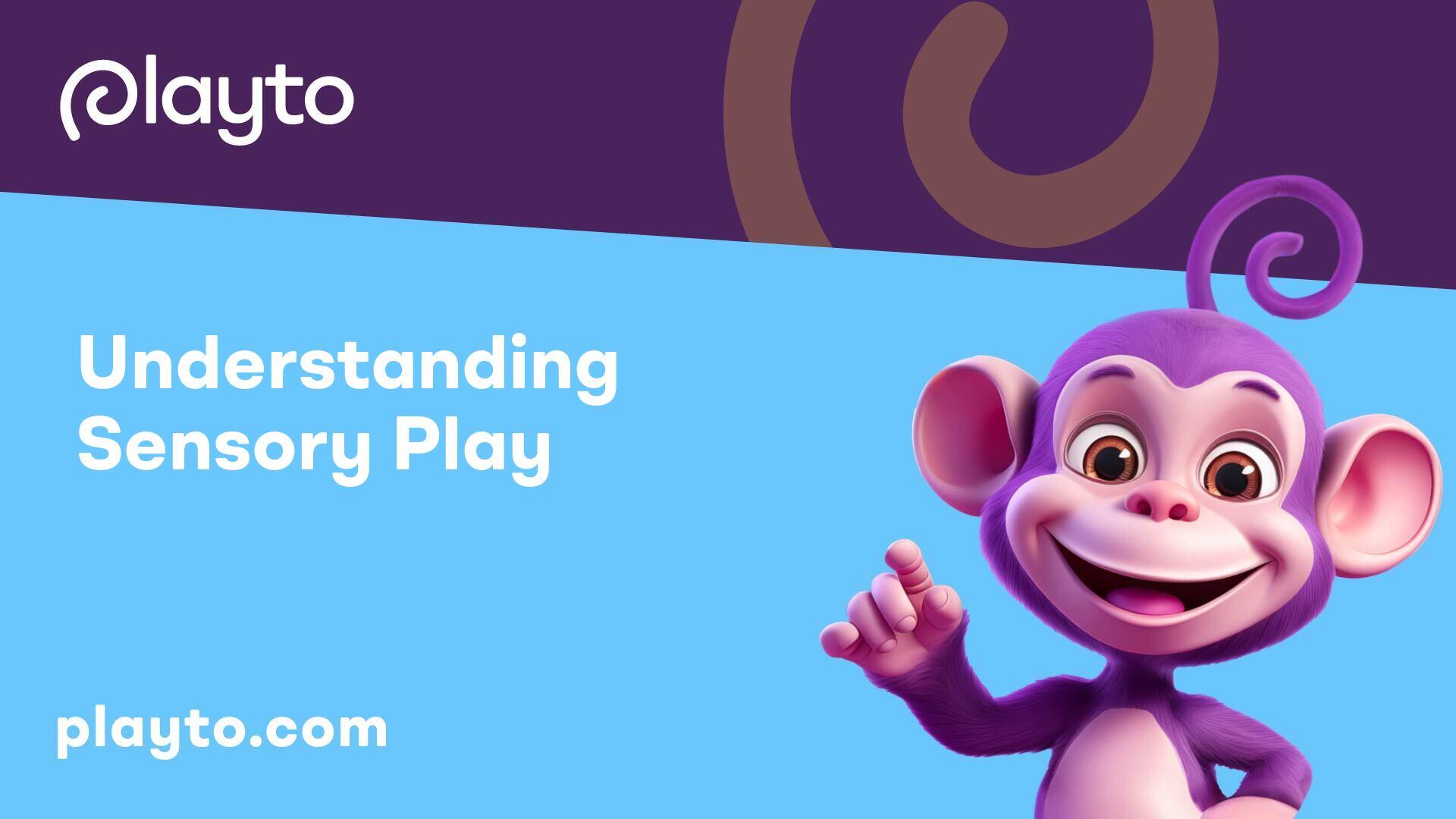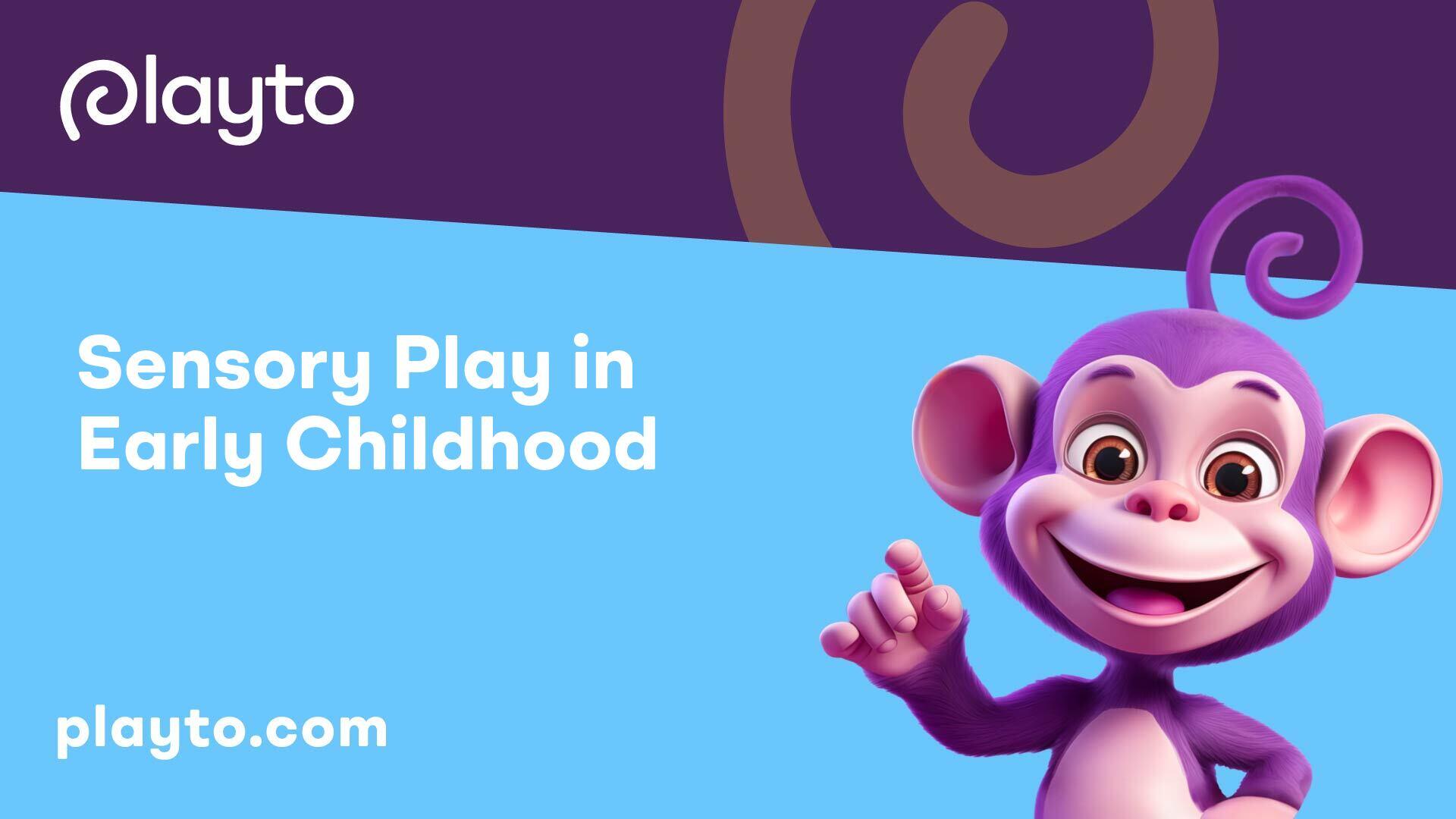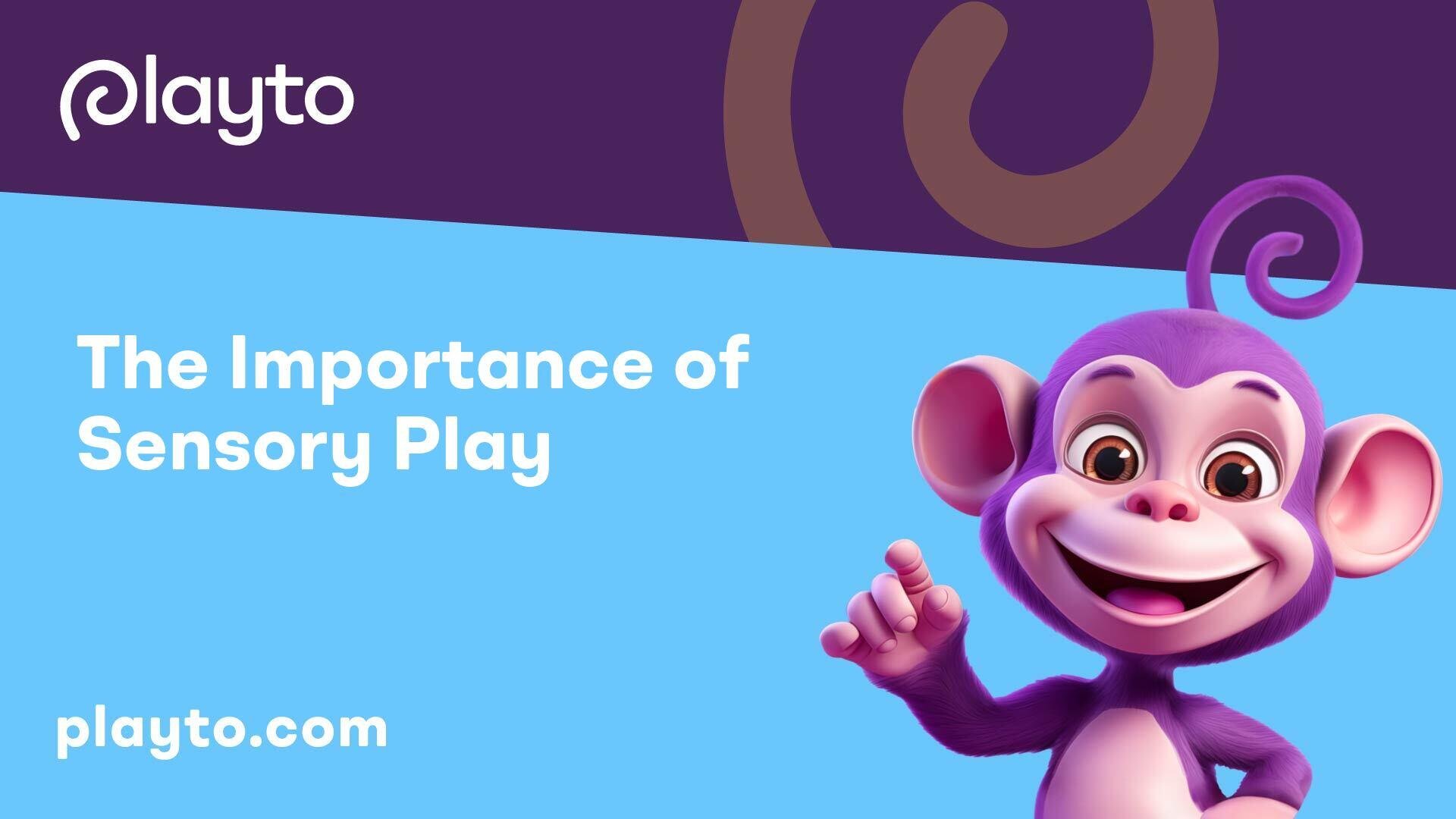
Understanding Sensory Play
In the realm of child development, the importance of sensory play cannot be overstated. This form of play involves engaging the senses to promote various aspects of a child's growth, such as cognitive, language, social-emotional, and motor skills development. Sensory play lays the groundwork for positive learning experiences that shape a child's development trajectory.
Benefits of Sensory Play
Sensory play activities are designed to stimulate the five primary senses – touch, taste, smell, sight, and hearing. By engaging with different textures, scents, sounds, tastes, and sights, children's brains are actively involved in processing sensory information. This process aids in learning and adaptation, fostering brain development that leads to enhanced cognitive abilities.
One of the key benefits of sensory play is its positive impact on cognitive development. Through activities that encourage exploration, curiosity, problem-solving, and creativity, children's minds are actively engaged in building nerve connections in the brain. This not only facilitates easier learning but also promotes information retention as children progress through their developmental stages.
In addition to cognitive benefits, sensory play contributes significantly to motor skills development. Fine motor skills, essential for tasks like hand-eye coordination and dexterity, are honed through activities like working with playdough or threading beads. On the other hand, gross motor skills, vital for activities such as running and jumping, are enhanced through more active sensory play experiences.
Furthermore, sensory play plays a pivotal role in social-emotional development. By engaging in sensory activities that promote emotional regulation and social interaction, children learn to navigate their feelings, collaborate with peers, and establish positive connections with adults. This aspect of play fosters empathy, communication skills, and cooperative behavior, setting the stage for healthy social relationships in the future [1].
Understanding the multifaceted benefits of sensory play is essential for caregivers and educators. By incorporating sensory play into daily routines, children are provided with valuable opportunities for holistic development that transcend traditional learning paradigms.

Developmental Stages of Play
Understanding the importance of sensory play is instrumental in supporting children's overall development. As kids progress through different developmental stages of play, they exhibit various behaviors and skills that contribute to their growth. Two key aspects to consider are the introduction of parallel play and the overall stages of play development.
Parallel Play Introduction
Parallel play, as outlined by Mildred Parten’s social behavior theory, is a crucial stage in early childhood development. This stage typically starts between 18 months and two years old and extends for a varying duration as children reach their developmental milestones at different times.
During parallel play, children play alongside each other without direct interaction. This form of play is significant as it fosters language development, supports the growth of gross and fine motor skills, boosts children’s confidence, and aids in emotional development [2].
Stages of Play Development
Mildred Parten’s social behavior theory delineates six progressive stages of play that children navigate through as they grow:
- Unoccupied Play: Children are not involved in any form of play and may seem idle.
- Solitary Play: Children play independently without interaction with others.
- Onlooker Play: Children observe others playing without actively engaging.
- Parallel Play: Children play alongside each other with minimal direct interaction.
- Associative Play: Children start interacting more but play separately.
- Cooperative Play: Children engage in play together, collaborating and sharing activities.
The transition from parallel play to associative and cooperative play typically occurs between three and four years old, although the timing can vary based on individual development. Each stage of play development contributes to different aspects of child development, including language skills, fine and gross motor skills, social interactions, collaboration, sharing, and independence.
By recognizing and supporting these various stages of play, parents and caregivers can actively nurture children’s development and provide them with enriching play experiences that facilitate growth across multiple domains.

Sensory Play in Early Childhood
Early childhood is a critical period for sensory play as it lays the foundation for essential developmental skills. Parallel play and sensory play for language development play pivotal roles during this stage, nurturing various aspects of a child's growth.
Beginning of Parallel Play
Parallel play, which typically starts between 18 months and two years old, marks a significant developmental milestone in early childhood [2]. During parallel play, children play alongside each other without direct interaction. This form of play allows children to observe and imitate one another, fostering their social skills and sense of independence.
As children engage in parallel play, they gradually develop an understanding of shared activities and social norms. This stage helps in promoting language development, supporting gross and fine motor skills development, boosting children's confidence, and fostering emotional development. The ability to engage in parallel play is a crucial stepping stone towards more complex forms of social play in later stages.
Sensory Play for Language Development
Sensory play is not only engaging for children but also serves as a powerful tool for language development in early childhood. By exposing children to various sensory stimuli, sensory play enables them to explore different textures, sounds, and experiences that enhance their cognitive abilities and foster language skills.
Through sensory play, children learn through experiences in their environments and explore different ways to communicate emotions, wants, and needs. Simple sensory activities like touching different objects, hearing different sounds, and engaging with various textures help children build connections in their brain and improve their language comprehension and expression.
Sensory play is especially beneficial for neurodiverse children, such as those with autism or sensory processing disorders, as it provides effective tools to address their unique needs and challenges. By offering a sensory-rich environment, sensory play promotes inclusivity and social interactions, irrespective of sensory preferences [4].
Incorporating sensory play into early childhood experiences not only supports language development but also enhances cognitive growth by exposing children to diverse sensory stimuli. By engaging in sensory-rich activities, children can explore, learn, and communicate in ways that foster their overall development and prepare them for future educational challenges.
Impact of Sensory Play
In the realm of early childhood development, sensory play plays a significant role in shaping various aspects of a child's growth and learning. Two prominent areas where sensory play has a profound impact are motor skills development and cognitive growth through play.
Motor Skills Development
Engaging in sensory play activities such as painting, drawing, building, jumping, throwing, climbing, and running enhances children's motor skills [5]. These activities promote the development of both fine motor skills (required for tasks like writing and coloring) and gross motor skills (essential for activities like jumping and walking) [6].
By participating in sensory play, children develop muscle strength and coordination necessary for a range of movements. The tactile experiences provided by sensory play contribute to building nerve connections in the brain, fostering a child's physical development and coordination abilities.
Cognitive Growth through Play
Sensory play not only aids in physical development but also stimulates cognitive growth in children. Through sensory-rich environments and hands-on experiences, children are encouraged to explore, problem-solve, and engage with various challenges they encounter [3]. These experiences help in building cognitive skills such as memory retention, problem-solving abilities, curiosity, and creativity.
Participation in sensory play exposes children to a wide array of sensory stimuli, which in turn enhances their learning and understanding of different activities. By engaging with different textures, sounds, and sensory inputs, children develop skills in observation, investigation, and critical thinking, all of which are fundamental components of cognitive growth.
In conclusion, the impact of sensory play on motor skills development and cognitive growth is profound, providing children with the opportunity to learn, explore, and develop essential skills that will benefit them throughout their lives. By incorporating sensory play into early childhood experiences, caregivers and educators can foster holistic development in children, shaping their physical and cognitive abilities in a nurturing and engaging manner.
Exploring Sensory Activities
Engaging in sensory activities plays a pivotal role in child development, offering a range of benefits that cater to various aspects of growth. In this segment, we delve into the calming effects of sensory play and how it encourages social interactions among children.
Calming Effects of Sensory Play
Sensory play can have a profound impact on children's emotional well-being by promoting a sense of calm and attentiveness. It serves as a tool to help children regulate their arousal levels, assisting in soothing hyperactive children or stimulating sluggish ones [3]. Various activities, such as water play or engaging in music-making, can have a calming effect on children, enhancing emotional regulation and supporting their problem-solving abilities.
By immersing children in sensory experiences that engage multiple senses, sensory play aids in promoting emotional stability and positive peer relationships. Through these calming effects, children can navigate their emotions effectively and establish healthy connections with their peers and caregivers. For further insights on how sensory play influences social-emotional development, feel free to explore our guide on supporting language development in daycare.
Encouraging Social Interactions
Sensory play acts as a catalyst for improving social development among children by fostering peer interaction and effective communication. It encourages children to adapt to different play styles, promoting the building of social skills beneficial for their early years [6]. Engaging in sensory activities allows children to explore collaborative play, enhancing their ability to problem-solve, cooperate, and interact harmoniously with others.
Moreover, sensory play nurtures social-emotional growth by facilitating emotional regulation and the establishment of positive relationships with both peers and adults. Children learn to navigate social interactions, express their feelings, and develop empathy through sensory engagement. This supportive environment created by sensory activities lays the foundation for successful social interactions in various settings.
For a comprehensive understanding of the impact of sensory play on social-emotional development, consider exploring our resources on packing the perfect daycare lunch for more insights into promoting social interactions and emotional regulation through sensory play.
Sensory Play Across Age Groups
As children grow and develop, the role of sensory play evolves to meet their changing needs and abilities. Sensory play is a fundamental aspect of early childhood development, supporting various skills such as cognitive growth, language development, and social-emotional learning. Let's explore how sensory play benefits babies and toddlers in their unique developmental stages.
Sensory Play for Babies
For babies, sensory play plays a crucial role in their overall development. It helps them build new connections in their brain, learn about the world around them, and enhance language development by responding to different stimuli. Simple sensory activities like touching different textures, hearing various sounds, and exploring different scents stimulate their senses and encourage cognitive growth.
Babies benefit greatly from sensory play as it supports their early brain development and fosters essential skills for future learning. Through sensory experiences, babies learn to understand cause and effect, explore their surroundings, and communicate their needs. To further support language development in babies, consider incorporating interactive sensory play activities that encourage vocalizations and engagement.
For more tips on enhancing language development in a daycare setting, check out our article on supporting language development in daycare.
Toddlers and Sensory Play
As toddlers transition from infancy to early childhood, sensory play continues to play a significant role in their learning and development. Sensory activities help toddlers explore their environment, engage their senses, and promote cognitive skills. Activities like water play, sand play, and exploring different textures provide toddlers with opportunities to learn through hands-on experiences.
Sensory play not only enhances cognitive development but also supports social-emotional growth in toddlers. Participating in sensory activities, such as making music or engaging in pretend play, can have a calming effect on toddlers and help regulate their emotions. These experiences foster positive social interactions, encourage collaborative play, and promote problem-solving skills in toddlers.
To learn more about how sensory play can benefit toddlers in a daycare setting, explore our resources on packing the perfect daycare lunch and meet our exceptional daycare staff.
Through tailored sensory play experiences, babies and toddlers can engage their senses, cultivate essential skills, and lay the foundation for future learning and development. Incorporating sensory play into their daily routines enriches their early experiences, supports their holistic development, and fosters a lifelong love for exploration and discovery.
Play-Based Learning Benefits
In the realm of early childhood education, play-based learning is a fundamental approach that nurtures cognitive and social development in children. The essence of play-based learning lies in fostering creativity, imagination, and problem-solving skills, laying a foundation for holistic growth and development.
Cognitive and Social Development
Play-based learning, as highlighted by Brightwheel, plays a pivotal role in enhancing children's cognitive and social development. By engaging in imaginative play scenarios, children navigate social interactions, learn to cooperate, negotiate, and communicate effectively with their peers. This interactive play environment stimulates cognitive processes, such as memory, attention, and critical thinking, thereby enhancing their cognitive abilities.
Moreover, play-based learning provides a safe space for children to explore their emotions, develop empathy, and practice conflict resolution strategies. Through group play activities, children learn to understand and respect the perspectives of others, fostering a sense of community and mutual understanding.
Creativity and Problem-Solving
Encouraging creativity and problem-solving skills are two cornerstones of play-based learning, as underscored by Pathways.org. Play environments that allow for open-ended exploration and experimentation empower children to think outside the box, invent novel solutions, and express their unique ideas. By engaging in creative play activities like building blocks, role-playing, or storytelling, children enhance their imaginative thinking and develop innovative problem-solving strategies.
Furthermore, play-based learning instills a sense of curiosity and willingness to take risks in children. Through trial and error in play scenarios, children learn that making mistakes is a natural part of the learning process. This mindset encourages them to persevere, adapt, and find alternative solutions, building resilience and confidence in their problem-solving abilities.
By recognizing the importance of play-based learning in fostering cognitive and social development, early childhood educators and caregivers can create enriching environments that support children in exploring, learning, and growing through the power of play. Integrated play-based learning experiences lay the groundwork for children to develop essential skills that will benefit them not only in their early years but also throughout their educational journey and beyond.
References
[1]: https://mybrightwheel.com/blog/everything-to-know-about-sensory-play-the-ultimate-guide
[2]: https://mybrightwheel.com/blog/parallel-play
[3]: https://health.clevelandclinic.org/benefits-of-sensory-play-ideas
[4]: https://www.forbes.com/sites/jenniferpalumbo/2the-power-of-sensory-play-in-childhood-development/
[5]: https://mybrightwheel.com/blog/what-is-play-based-learning
[6]: https://www.miracle-recreation.com/blog/sensory-play-and-cognitive-development/
